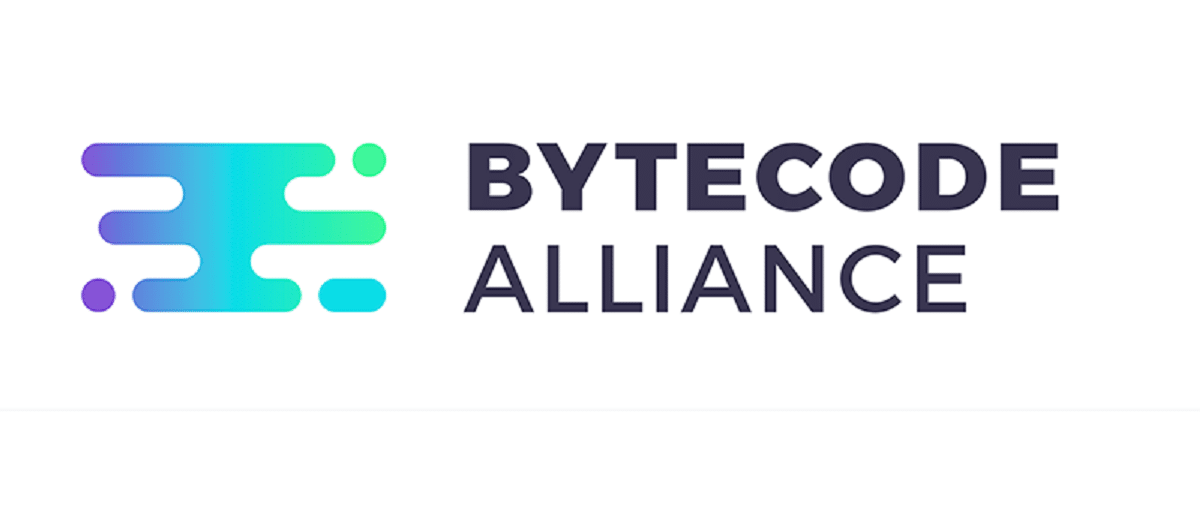
At the end of 2019, in a joint effort to make WebAssembly a cross-platform computing runtime, Companies like Mozilla, Fastly, Intel, and Red Hat announced the launch of the Bytecode Alliance. This initiative built around WebAssembly focuses on providing a secure default bytecode that can be run from a web browser, desktop, or IoT / embedded platform.
WebAssembly has been touted as a virtual instruction set architecture with many use cases capable of taking code written in programming languages other than JavaScript and running that code on a specific platform, at least a browser in this case.
This solution should also allow complex applications, such as immersive 3D video games, computerized design or image and video editing, work optimally on target platforms. Thanks to WebAssembly, developers could, for example, code their applications in C, C ++ or Rust and run these programs at native speed in a web browser, without having to go through JavaScript again with the limitations that this imposes.
According to the promoters of the initiative, the rise of the cloud and IoT devices is causing developers to run unreliable code in new environments, posing new problems, especially in terms of security and portability.
Bytecode Alliance shall provide a foundation for developers to safely execute untrusted code on any infrastructure, operating system, and device. This open source community will focus on setting up a runtime environment and associated linguistic toolchains, including cargo-wasi, wat, and wasmparser, that provide security, efficiency, and modularity across a wide range of architectures and peripherals.
And now new renowned members have joined, such as Microsoft, Arm, DFINITY Foundation, Embark Studios, Google, Shopify, and University of California San Diego.
In a statement, Bobby Holley, a distinguished Mozilla engineer and board member of the Bytecode Alliance, described current software development as a set of difficult trade-offs.
"If you want to build something big, it's not realistic to build all the components from scratch," Holley said. “But relying on a complex supply chain for components from elsewhere allows a failure anywhere in that chain to compromise the security and stability of the entire program. Mozilla helped create WebAssembly to enable the web to grow beyond JavaScript and run more types of software at faster speeds. But as it matured, it became clear that the technical properties of WebAssembly, particularly its memory isolation, also had the potential to transform software development beyond the browser. Several other organizations shared this point of view and we teamed up to launch Bytecode Alliance as an informal industry association in late 2019 ”.
“Tools like containers can provide some degree of isolation, but add substantial overhead and are inconvenient to use with granularity by the vendor. And all these dynamics reinforce the advantages of large companies that have the resources to carefully manage and audit their supply chains "
Additionally it is mentioned that the founding members shared a bunch of WASM tools with Bytecode Alliance, including runtime environments, runtime components, and more.
Now, with Microsoft, Google, and Mozilla on board, Bytecode Alliance is supported by three of the top four browser vendors. The Safari editor Apple is the only major browser provider missing. With broader support, the alliance gives itself a better chance of long-term survival.
"WebAssembly and the new WebAssembly System Interface (WASI) specification enable cloud-native solutions to become more secure by default and help solve IT problems in a variety of environments," said Ralph Squillace, senior program manager, Microsoft at Azure Core Upstream and board member of the Bytecode Alliance.
Microsoft's work on WebAssembly includes their release of Blazor WebAssembly, which enables C # and .NET developers to create applications that run in the browser with WebAssembly, but function as a native desktop application, also known as progressive web applications.
Blazor WebAssembly is one of four versions of Microsoft's Blazor Project, which includes the supported Blazor Server rendering for web apps, an Electron renderer, and the recently released Mobile Blazor experimental bindings for building iOS and Android native apps using C # and. NET instead of JavaScript.
Source: https://bytecodealliance.org